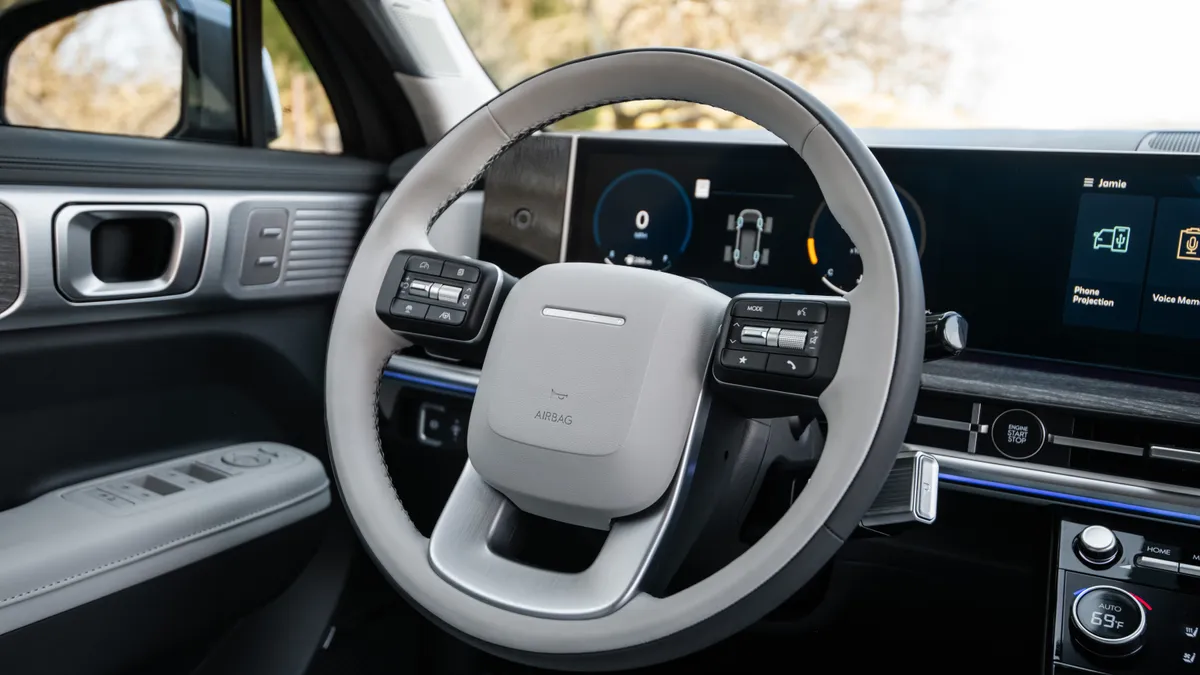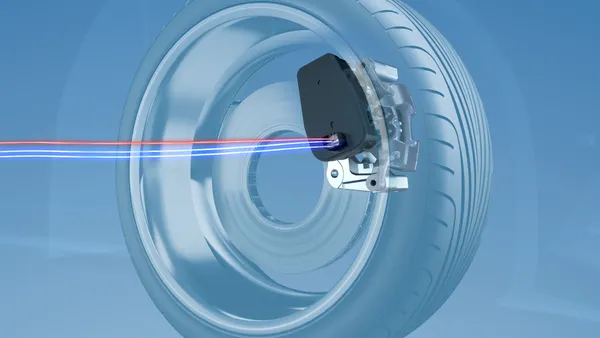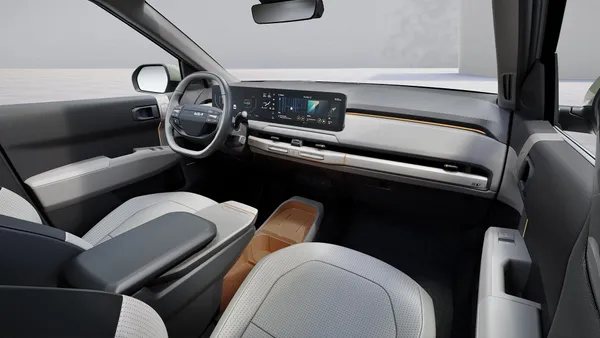Car owners appreciate new technology in their vehicles, but they also find some features unnecessary or frustrating to use, according to the 2024 U.S. Tech Experience Index Study, published by J.D. Power last month.
Smart climate control, for example, tends to be welcomed by many new car owners, while technologies like facial recognition and interior gesture controls “unsuccessfully try to solve a problem that owners didn’t know they had,” J.D. Power said in a press release about the study.
As analysts track rising complaints from car owners about the technology within their vehicles, data points collected in studies can help automakers evaluate their advanced technology strategies, including what features are most effective at improving the driver experience.
For example, advanced driver assistance systems like collision warnings or adaptive cruise control are meant to increase vehicle safety through the use of sensors and cameras. Drivers, however, often find these systems superfluous. Specifically, active driving assistance features ranked among the lowest-rated features in terms of perceived usefulness.
Yet the report also found that other advanced driver assistance system technologies, like backup assistance, are seen as useful because they address a specific problem: visual blind spots.
“A strong advanced tech strategy is crucial for all vehicle manufacturers, and many innovative technologies are answering customer needs,” Kathleen Rizk, senior director of user experience benchmarking and technology at J.D. Power, said in a statement. “At the same time, this year’s study makes it clear that owners find some technologies of little use and/or are continually annoying.”
In the race to add more technology to vehicles, automakers may add features that owners negatively review, J.D. Power found. For instance, many owners cited passenger display screens as unnecessary or difficult to use. Still, several automakers are including such features in their new vehicles.
The study, based on survey responses from nearly 82,000 new 2024 model-year vehicle owners, considers automakers’ adoption of new technologies alongside customer feedback about specific technologies. J.D. Power researchers then calculate a technology’s return on investment.
The calculation enables automakers to “determine the technologies that deserve the most attention while helping them ease escalating costs for new vehicles,” Rizk said in a statement.
The luxury brands most excelling in innovation are Genesis, Lexus and BMW, in that order, per the study. On the mass market innovation side, Hyundai, Kia and GMC took the top three spots, respectively.











